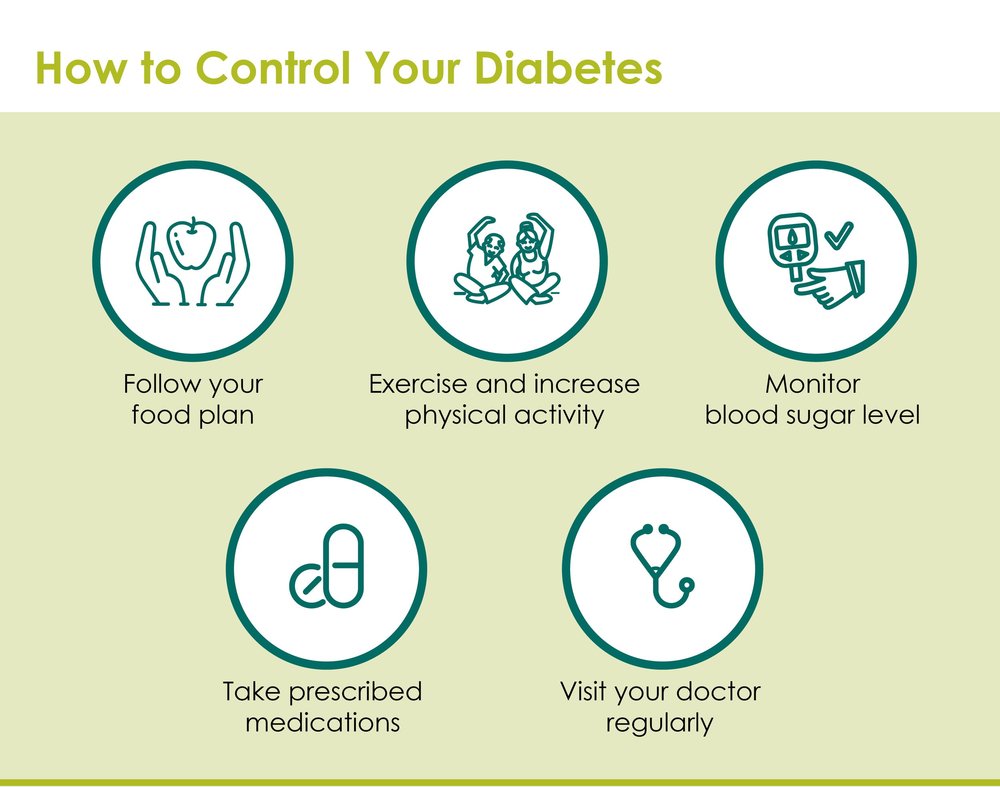Sugar Wars: Mastering Blood Sugar Control in Diabetes
Blood sugar control plays a vital role in the management of diabetes, a condition that affects millions of people worldwide. Maintaining a healthy balance of sugar levels in the blood is crucial for individuals living with diabetes to prevent complications and ensure overall well-being. The constant battle to keep blood sugar within a target range can be challenging, but with the right knowledge and strategies, it is possible to achieve optimal sugar balance.
A key aspect of managing diabetes is understanding how different factors, including diet, exercise, medication, stress, and overall lifestyle choices, can influence blood sugar levels. By making informed decisions and adopting healthy habits, individuals with diabetes can empower themselves to take control of their sugar balance and minimize the risk of potential complications.
Understanding Blood Sugar Levels

When it comes to managing diabetes, one of the key aspects to focus on is sugar balance. As individuals with diabetes are well aware, the levels of sugar in the blood can have a significant impact on overall health and well-being. Understanding how blood sugar levels fluctuate throughout the day is crucial in maintaining stable energy levels and avoiding complications.
Blood sugar levels are influenced by a variety of factors, including diet, physical activity, stress levels, and medication. For individuals with diabetes, managing these factors becomes even more vital in order to prevent spikes and crashes in blood sugar levels. By monitoring these factors closely, individuals can gain better control over their sugar balance and reduce the risk of complications associated with poorly managed diabetes.
Consistently high blood sugar levels, known as hyperglycemia, can lead to long-term complications such as nerve damage, kidney problems, and cardiovascular issues. On the other hand, consistently low blood sugar levels, known as hypoglycemia, can result in symptoms like fatigue, dizziness, and confusion. Finding the right balance through diet, exercise, and medication is essential in maintaining optimal blood sugar levels for overall health and well-being.
Strategies for Managing Blood Sugar
To effectively manage blood sugar levels in diabetes, it is essential to prioritize a balanced diet rich in fiber-rich foods such as fruits, vegetables, whole grains, and legumes. These foods help maintain sugar balance throughout the day by providing a steady release of energy and preventing sudden spikes in blood glucose levels.
Another crucial strategy for managing blood sugar is regular physical activity. Engaging in moderate exercise, such as brisk walking, cycling, or swimming, helps the body utilize glucose for energy and can improve insulin sensitivity, promoting better blood sugar control.
In addition to dietary modifications and exercise, monitoring blood sugar levels regularly is key in diabetes management. By tracking Sugar Balance Reviews at different times of the day, individuals can better understand how their bodies respond to food, exercise, and medication, allowing for adjustments to be made to maintain optimal sugar balance.
Importance of Regular Monitoring
Regular monitoring of blood sugar levels is crucial for individuals with diabetes to effectively manage their condition and prevent complications. Understanding how different factors, such as food intake and physical activity, can impact blood sugar levels is vital for maintaining sugar balance throughout the day.
Consistent monitoring provides valuable insight into how lifestyle choices affect blood sugar levels and enables individuals to make informed decisions regarding their diet and exercise routines. By tracking blood sugar levels regularly, individuals can identify patterns and trends, allowing them to adjust their daily habits to achieve optimal sugar control and alleviate symptoms of hyperglycemia or hypoglycemia.
Moreover, regular monitoring empowers individuals with diabetes to take control of their health and work closely with their healthcare providers to make necessary adjustments to their treatment plans. By staying proactive and vigilant in monitoring blood sugar levels, individuals can minimize the risk of long-term complications associated with uncontrolled diabetes and improve their overall quality of life.